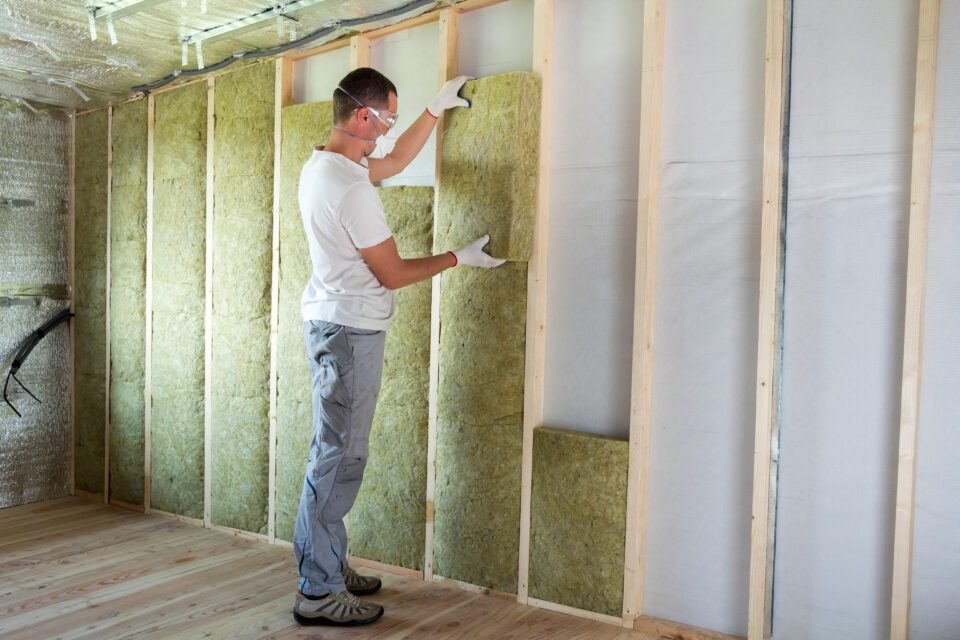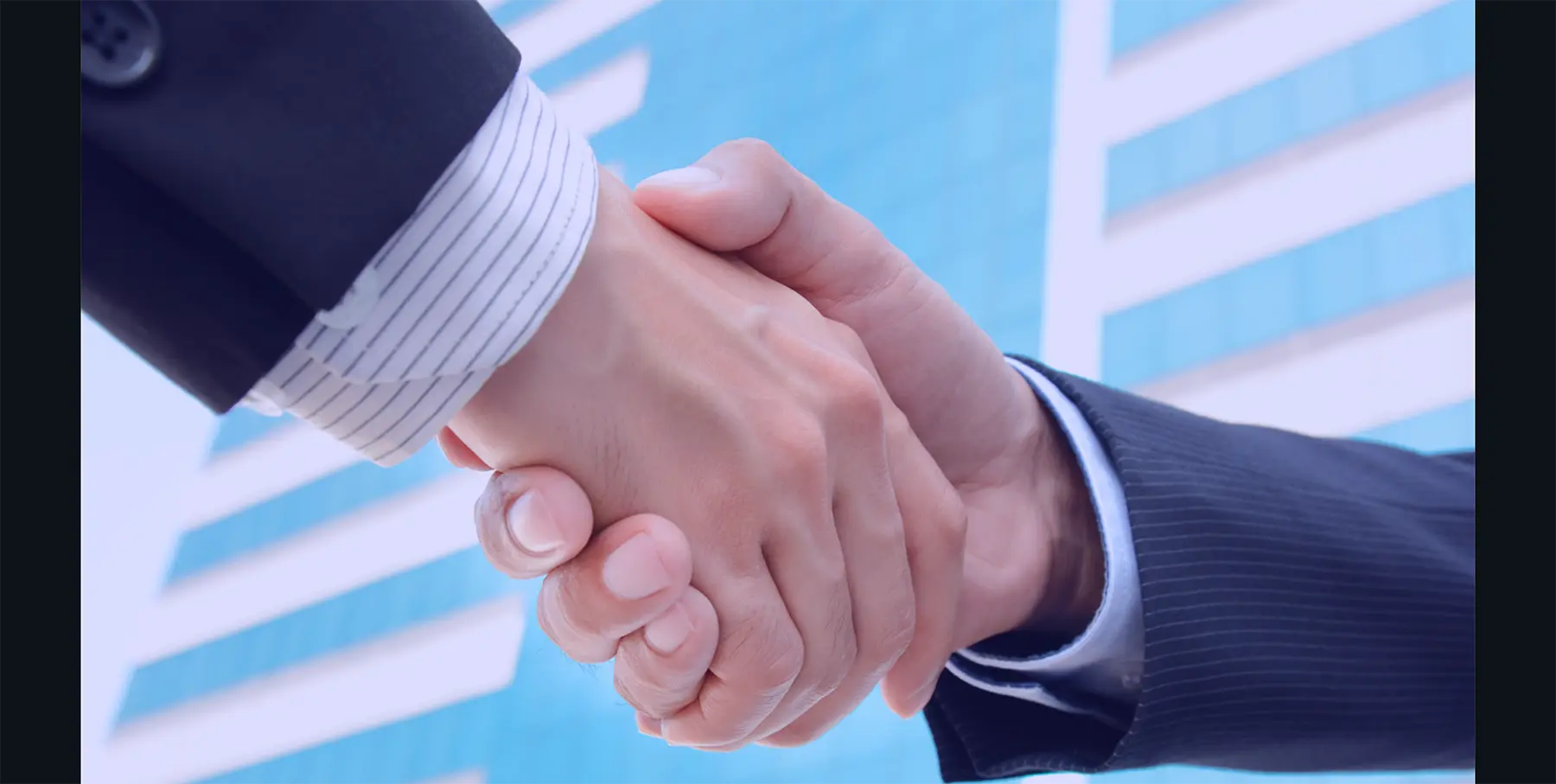
Firewalls play a crucial role in safeguarding our digital systems and networks from unauthorized access and potential cyber threats. As technology advances, the need for robust and reliable firewalls becomes increasingly important. One key aspect in designing an effective firewall is selecting the best material that can withstand high temperatures, resist fire propagation, and provide optimal protection. In this article, we will delve into the world of firewalls and explore the best materials available for constructing firewalls that meet the highest safety standards.
- Understanding the Importance of Firewalls:
Before delving into the best materials for firewalls, it is essential to grasp the significance of firewalls in today's interconnected world. Firewalls act as a barrier between internal networks and external networks, filtering incoming and outgoing network traffic based on predetermined security rules. They prevent unauthorized access, protect sensitive data, and mitigate the risk of cyber attacks. - Criteria for Selecting Firewall Materials:
When considering materials for firewalls, several factors need to be taken into account. These include: a. Fire Resistance: The material should have excellent fire resistance properties, capable of withstanding high temperatures and preventing the spread of flames. b. Thermal Insulation: Effective thermal insulation is crucial to minimize heat transfer and protect the internal components of the firewall. c. Structural Integrity: The material should maintain its structural integrity even under extreme conditions, ensuring the firewall remains intact and functional. d. Durability: Longevity is a key consideration, as firewalls are expected to withstand harsh environments and potential physical impacts. e. Cost-effectiveness: Balancing performance with cost is important, as organizations need to consider the overall budget for implementing firewalls. - Best Materials for Firewalls:
a. Fire-Resistant Glass:
Fire-resistant glass, such as tempered glass or wired glass, offers excellent fire resistance while providing transparency. It can withstand high temperatures and effectively contain flames, making it suitable for areas where visibility is essential, such as server rooms or control centers.
b. Fire-Rated Gypsum Board:
Gypsum board, treated with fire-resistant additives, is an economical and widely used material for firewalls. It offers good fire resistance and thermal insulation properties. It is commonly used in commercial buildings and data centers.
c. Cementitious Fiberboard:
Cementitious fiberboard is a composite material made from cement, cellulose fibers, and other additives. It provides exceptional fire resistance, thermal insulation, and structural integrity. This material is often used in industrial settings and critical infrastructure facilities.
d. Metal Panels:
Metal panels, such as steel or aluminum, are known for their durability and fire resistance. They can withstand high temperatures and physical impacts, making them suitable for firewalls in high-risk areas.
e. Intumescent Coatings:
Intumescent coatings are applied to existing firewall materials to enhance their fire resistance. These coatings expand when exposed to heat, forming a protective barrier that insulates and delays the spread of fire.
- Conclusion:
Selecting the best material for a fire wall is a critical decision that directly impacts the safety and security of digital systems and networks. By considering factors such as fire resistance, thermal insulation, structural integrity, durability, and cost-effectiveness, organizations can make informed choices when constructing firewalls. Whether it's fire-resistant glass, gypsum board, cementitious fiberboard, metal panels, or intumescent coatings, each material offers unique advantages based on specific requirements. By implementing the optimal material, organizations can enhance their overall cybersecurity posture and protect valuable assets from potential threats.


